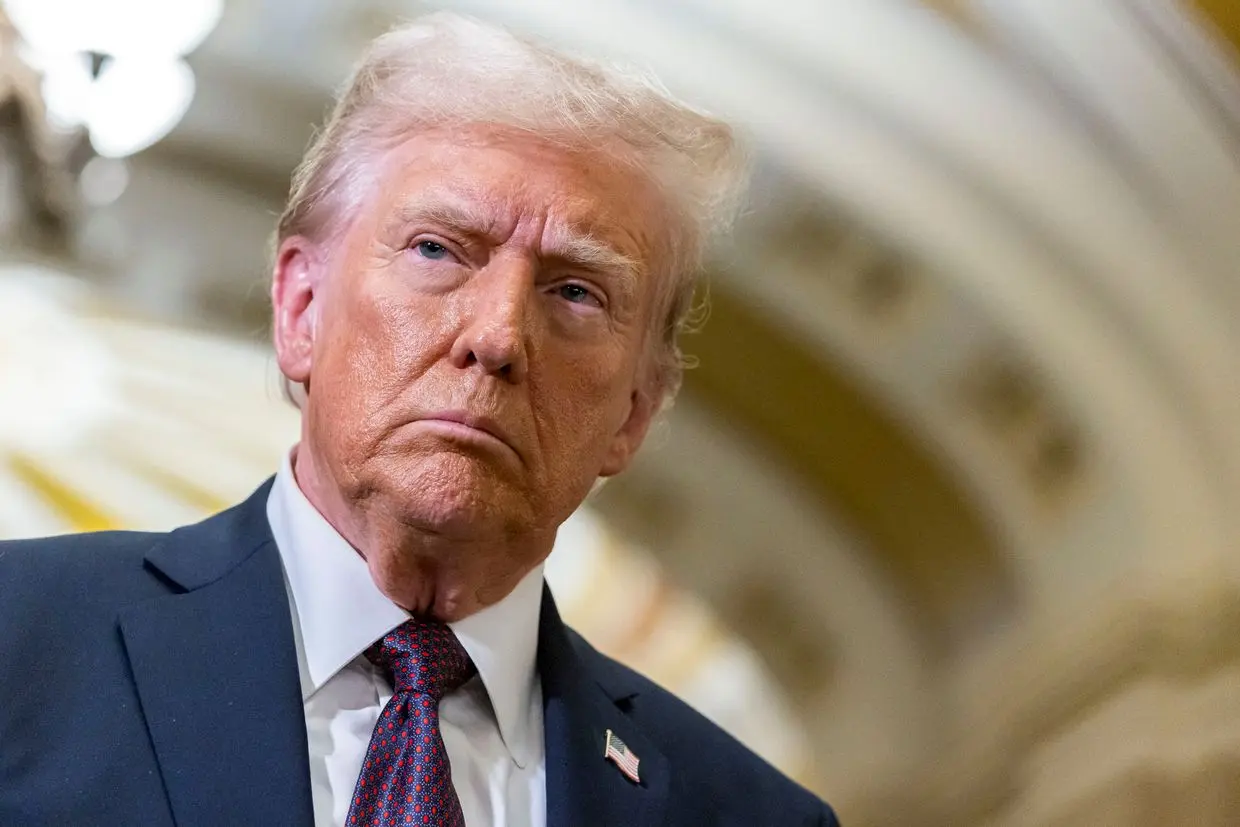U.S. Targets Russia’s Oil Giants Amid Push for Ceasefire in Ukraine
The United States has announced sweeping sanctions against Russia’s two largest oil companies, Rosneft and Lukoil. This is a dramatic move aimed at cutting financial lifelines to the Kremlin’s war efforts in Ukraine. President Donald Trump, who had previously hesitated to impose direct measures against Moscow, said the decision “had been a long time coming.” It was, however, essential to push for peace.
Speaking from the Oval Office, Trump emphasized that while the sanctions were significant, his ultimate goal was to bring an end to the conflict swiftly. “It’s time to stop the killing,” Treasury Secretary Scott Bessent said in a statement. He noted that the U.S. was prepared to take further financial measures if Moscow refuses to cooperate. The U.S. Department of the Treasury confirmed that the sanctions affect more than 30 subsidiaries linked to both companies. This marks one of the most extensive economic actions against Russia since the invasion began.
The European Union and the United Kingdom have also introduced parallel sanctions, including restrictions on Russian liquefied natural gas imports. This increases global pressure on Moscow. Trump, who recently canceled a planned meeting with Russian President Vladimir Putin, said he still hopes for “a future where diplomacy leads, not destruction.”
Global Allies Align as Economic Pressure Builds
The sanctions are expected to have far-reaching implications across the global energy market. Analysts suggest that cutting off Rosneft and Lukoil could significantly disrupt Russia’s oil exports. Those exports fund much of its war operations. However, the true impact will depend on whether Washington enforces secondary sanctions against third-party nations and financial institutions doing business with the Russian firms.
According to market experts, such measures could reverberate through global oil prices and create tension with countries that continue to purchase Russian crude. The U.S. Energy Information Administration has warned that global energy stability could be tested if oil supplies are constricted further.
Despite these concerns, Ukrainian officials have welcomed the move. Ambassador Olga Stefanishyna praised the decision, calling it “a turning point that shows strength and unity against aggression.” She also expressed hope that European partners will intensify their measures following the European Council’s upcoming discussions. As part of a broader strategy, U.S. sanctions targeting Russia’s oil sector align with hopes for a ceasefire.
Trump’s Balancing Act: Sanctions, Diplomacy, and Global Stability
The timing of these sanctions highlights the delicate balance between diplomatic pressure and economic stability. Trump acknowledged that sanctions have financial costs. He noted, “When I sanction a country, it costs the U.S. a tremendous amount of money. It’s not a one-way street.” However, he maintained that moral and strategic necessity outweighed short-term economic concerns.
The decision follows renewed air attacks by Russia on Kyiv and other Ukrainian cities. This signals Moscow’s resistance to ceasefire appeals. The U.S. administration insists that peace can only be achieved through sustained international pressure, not negotiation alone. Treasury officials described this new sanctions package as “one of the largest and most consequential” actions to date. They reiterated calls for allied nations, including members of the G7 and NATO, to align their policies.
Economists predict that sanctions on Rosneft and Lukoil could freeze billions of dollars in assets and restrict Russia’s ability to conduct global energy trade. This forces Moscow to rely more heavily on alternative partners such as China and India. Nonetheless, Washington believes that sustained sanctions, combined with diplomatic outreach, could eventually bring Russia to the negotiating table.
In the coming weeks, discussions between the U.S. Treasury and European Union envoys will determine how deeply the sanctions network expands. As tensions continue to rise, global markets brace for ripple effects. The world watches to see whether this economic offensive can pave the way for an authentic ceasefire in Ukraine.



